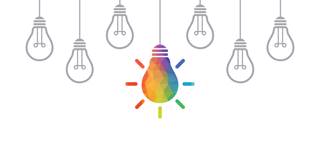OnPoint Subscriber Exclusive
The Big Picture brings together a range of PS commentaries to give readers a comprehensive understanding of topics in the news – and the deeper issues driving the news. The Big Question features concise contributor analysis and predictions on timely topics.

Economics Must Build Back Better, Too
Thoughtful economists have long been concerned by their profession’s hubristic tendencies, collective attachment to questionable models, and lack of openness to new and different voices. Will the combined effect of the global financial crisis, the anti-globalization backlash, and now COVID-19 finally prompt the discipline to demonstrate greater humility and embrace genuine diversity?
In this Big Picture, Harvard University’s Dani Rodrik thinks that while economists can be justifiably proud of the power of their statistical and analytical methods, they need to be more self-conscious about these tools’ limitations. In that regard, Arvind Subramanian and Johns Hopkins University’s Devesh Kapur show how growing use of one such tool – randomized controlled trials – is excluding not only ideas but also people, amplifying the Global South’s underrepresentation among development economists.
Similarly, Lisa D. Cook of Michigan State University argues that discrimination against black female economists impoverishes the discipline, and identifies ways to make the profession more welcoming.
Harvard’s Ricardo Hausmann, meanwhile, explains why economists’ excessive methodological focus on rational individual decision-making puts the discipline at a huge disadvantage vis-à-vis the natural sciences. But New York University’s Roman Frydman and Michael Goldberg of the University of New Hampshire make the case that economists’ aspiration to the natural sciences’ predictive power has resulted in models that are regularly wide of the mark, because they assume that the future follows mechanistically from the past.
Finally, Diane Coyle of the University of Cambridge hopes that economists and policymakers will rediscover nature before the damage to the natural world – and thus to everybody’s standard of living – becomes irreparable.